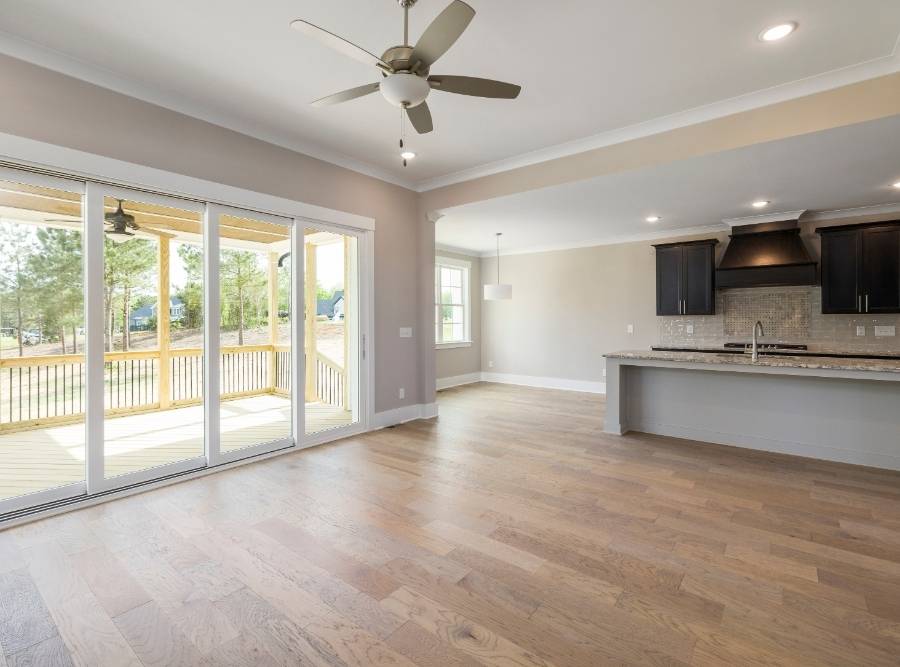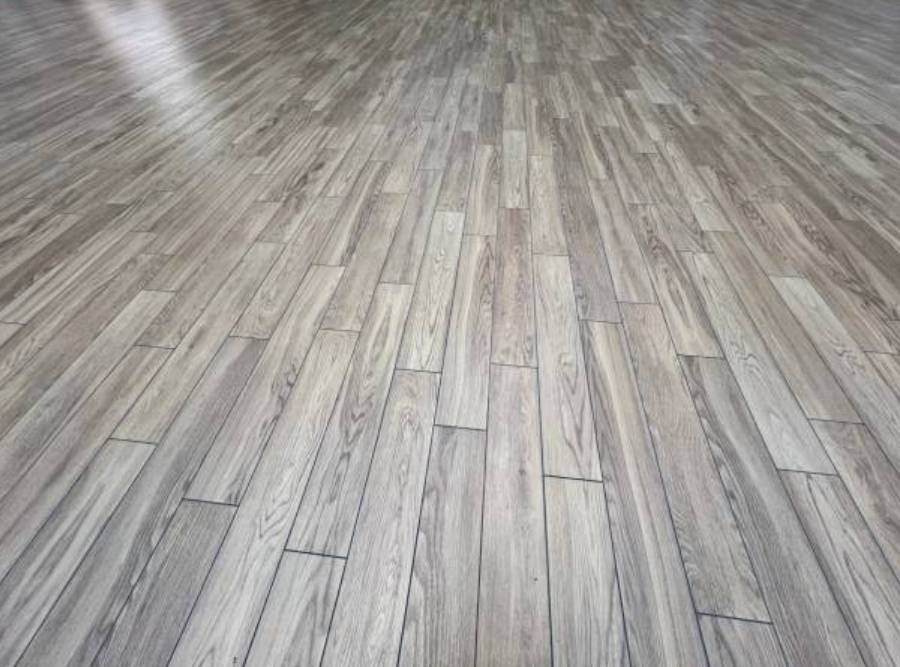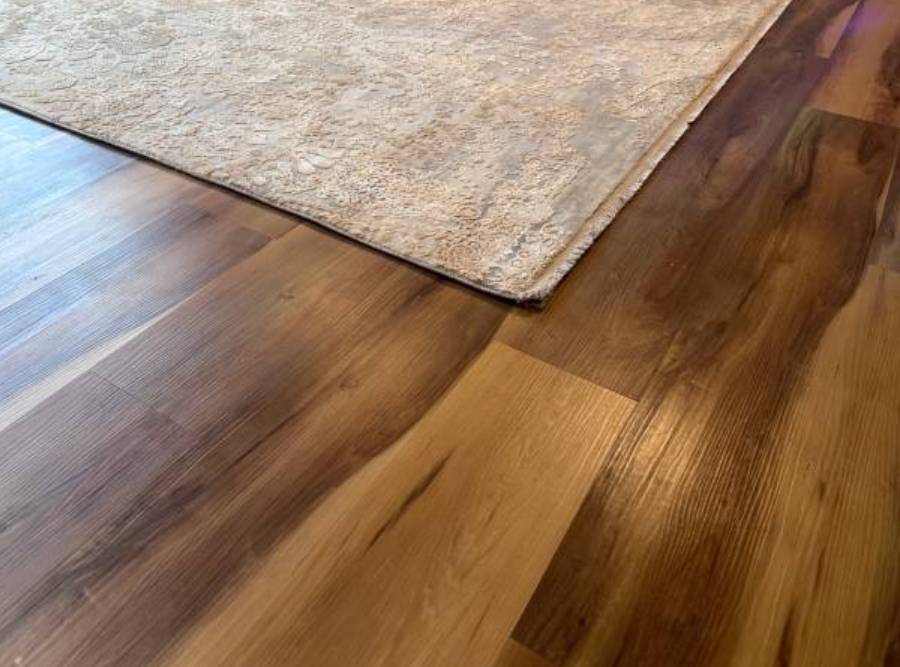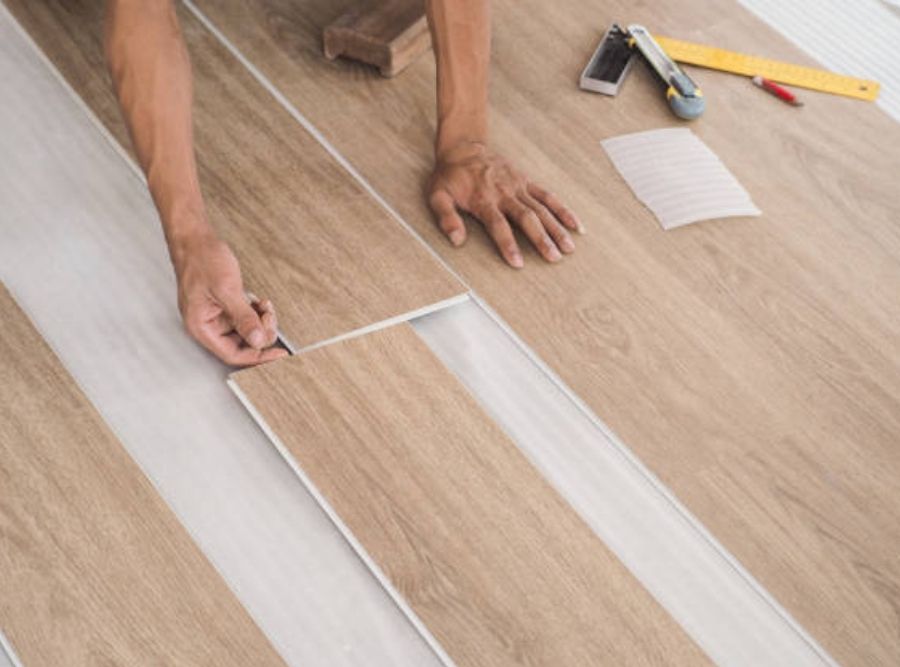The Importance of a Moisture Barrier with LVP Flooring
Why Moisture Barriers Are Essential for LVP Flooring in Coastal Homes
Luxury Vinyl Plank (LVP) flooring has become a favorite among Hilton Head and Bluffton homeowners. It combines the beauty of hardwood with the durability of vinyl, making it one of the best flooring options for coastal living.
But while LVP is often called “waterproof,” there’s one step you should never skip during installation: a moisture barrier. In humid climates like Hilton Head, a moisture barrier is the key to keeping your vinyl plank flooring looking beautiful for years to come.
What Is a Moisture Barrier?
A moisture barrier is a protective layer placed between your subfloor and your flooring. Typically made from polyethylene sheeting or a specialized underlayment, it prevents water vapor from moving upward into your LVP.
Think of it like a raincoat for your floors — it’s not visible once the job is complete, but it provides essential protection every day.
Why Coastal Homes Need Moisture Barriers

Hilton Head’s climate makes flooring installation unique. Here’s why a barrier is especially important in the Lowcountry:
High Humidity Levels
With average humidity over 70%, condensation can easily collect beneath floors. Without a barrier, that moisture seeps into your subfloor and damages even the best vinyl plank installation.
Concrete Slab Foundations
Many homes in Bluffton and Hilton Head are built on slabs, which naturally absorb and release water. A moisture barrier keeps that ground moisture from reaching your new flooring.
Crawl Spaces and Raised Homes
Local crawl space homes are highly vulnerable to rising dampness. A barrier is your first line of defense against long-term flooring issues.
Storms and Heavy Rain
Coastal weather means sudden downpours, flooding, and tropical storms. Even if your home doesn’t flood, the added ground moisture can impact your floors without proper protection.
Is LVP Really Waterproof?

Yes and no. LVP is resistant to surface water — spills, pet accidents, and everyday messes won’t hurt it. But “waterproof flooring” doesn’t mean your subfloor is safe. Without a barrier, you may still face:
- Warping and Buckling – Planks lift or separate when moisture rises from below.
- Mold and Mildew Growth – Hidden moisture creates unhealthy conditions under your flooring.
- Musty Odors and Discoloration – Dampness trapped beneath vinyl can leave lasting smells and stains.
- Voided Warranties – Many manufacturers require moisture barriers to keep warranty coverage valid.
Benefits of Installing a Moisture Barrier
Adding a barrier beneath your LVP flooring protects both your home and your investment:
- Longer Lifespan for Floors – Keep your vinyl plank installation strong for years to come.
- Mold and Mildew Protection – Prevent hidden growth and keep indoor air quality healthy.
- Improved Comfort and Sound – Certain underlayments add cushioning and noise reduction.
- Warranty Compliance – Ensure your installation meets manufacturer standards.
Choosing the Right Moisture Barrier
At Lifestyle Flooring, we recommend barrier options that match your foundation type and Hilton Head’s humid environment:
- 6-mil Polyethylene Sheeting – A simple, reliable solution for homes with concrete slabs.
- Foam Underlayment with Vapor Barrier – Adds both cushioning and moisture resistance, ideal for active households.
- Premium Multi-Purpose Underlayment – Designed for crawl space homes or high-humidity conditions where extra protection matters.
The Lifestyle Flooring Advantage
When it comes to flooring installation in Hilton Head, proper technique is everything. Our team ensures that:
- Seams and edges are sealed tightly for complete coverage.
- Overlaps are taped correctly to prevent leaks and gaps.
- The right underlayment is chosen based on your specific foundation and environment.
With years of experience installing vinyl plank flooring across the Lowcountry, we know how to protect your home from Hilton Head’s unique humidity and coastal weather.
Protect Your Floors the Right Way

If you’re planning to install LVP flooring in Hilton Head or Bluffton, don’t skip the moisture barrier. This one step ensures your vinyl plank floors stay beautiful, durable, and protected for years to come.
Ready to get started? Contact Lifestyle Flooring today to schedule your consultation and find the best flooring solution for your coastal home.







